How much are solar panels in NH? When it comes to sustainable energy, solar panels are one of the most reliable options available today. In New Hampshire (NH), the interest in solar energy is growing as residents are increasingly searching for ways to reduce their carbon footprint and utility bills. Whether you’re a homeowner or business owner, you might have wondered about the cost of solar panels in NH.
The cost of solar panels in NH can vary depending on several factors, including the size of your home or business, the type of panel you choose, and the installer you hire. On average, the cost of solar panels in NH ranges from $15,000 to $25,000. This calculation includes the federal solar tax credit, which can considerably reduce the overall expense.
As we move into 2023, residents of NH are more empowered than ever with various solar options, making it the perfect time to invest in solar energy. The increasing affordability, coupled with the long-term savings on electricity bills and the positive environmental impact, make solar panels a smart investment for the forward-thinking homeowner.
How Much Do Solar Panels Cost in NH?
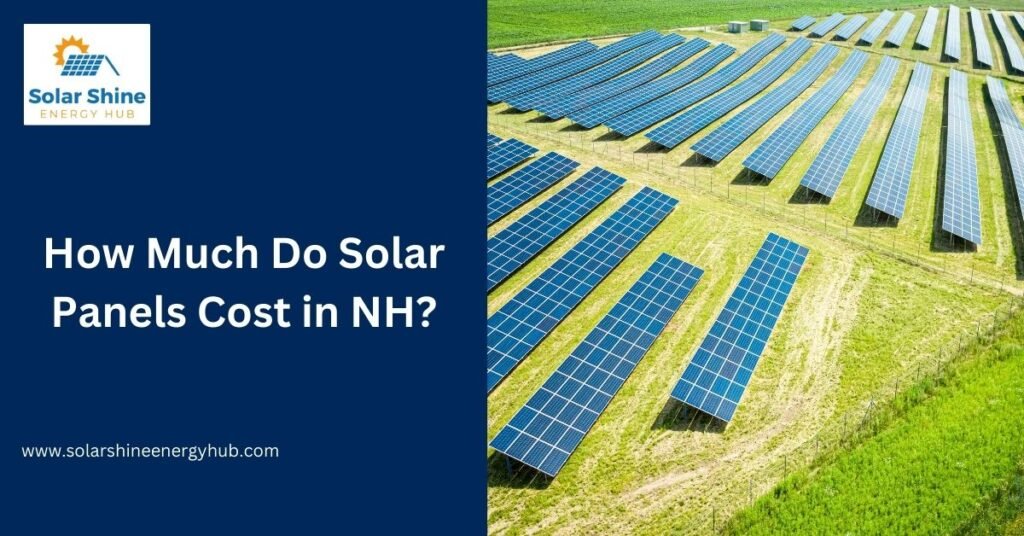
- The pricing of solar panels in New Hampshire (NH) is subject to multiple factors. Typically, the cost ranges between $15,000 to $25,000, taking into account the federal solar tax credit.
- The cost of solar panels in NH largely hinges upon the size of your property. Larger properties require more panels, consequently escalating the overall price.
- The type of solar panel chosen also significantly influences the cost. Premium panels are more efficient but also come with a higher price tag.
- The hiring charges of the installer are another major component of the total cost. Experienced and well-reviewed installers often charge more for their services.
- Despite the initial investment, solar panels are highly cost-effective in the long run. They enable homeowners to save substantially on monthly electricity bills.
- Further financial relief is provided by the federal solar tax credit, which significantly reduces the upfront costs, making solar panels a feasible investment for many households in NH.
What Dictates the Cost of Solar Panels?
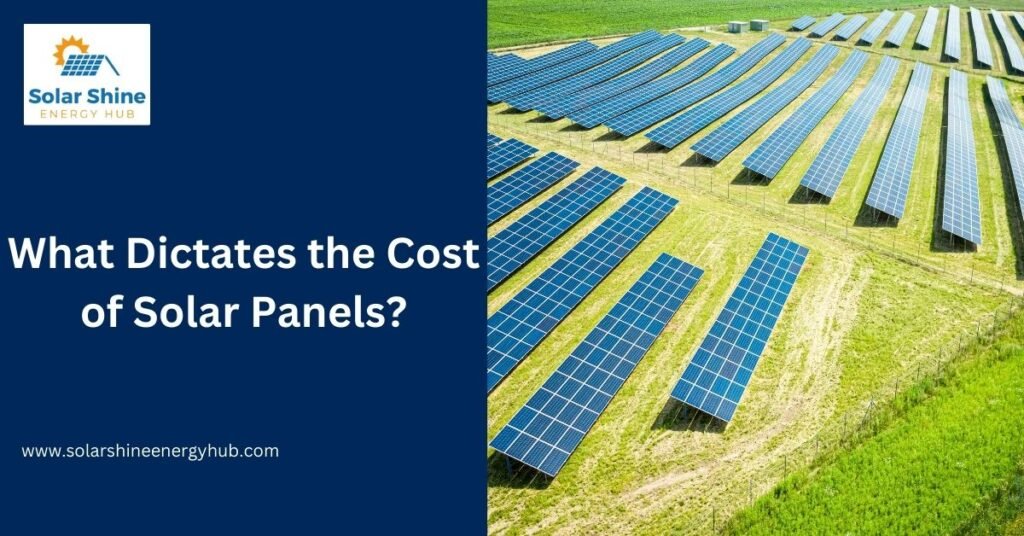
- The cost of solar panels is predominantly dictated by the size and quality of the solar panel system. More robust systems with higher efficiency typically require a larger investment.
- Installation costs can differ based on the complexity of the project and the experience of the installer. Professionals with a proven track record tend to have higher rates.
- Geographic location plays a role in determining the cost because certain areas receive more sunlight, requiring less panel surface area to generate the same amount of power.
- The design of your home or property can also influence the cost. Complicated designs may require more resources and labor, thus increasing the price.
- Market dynamics, including supply and demand for solar equipment and labor, can cause the price to fluctuate over time.
- Lastly, incentives and subsidies provided by federal or state governments can dramatically decrease the net cost of solar panels.
Is Solar Energy Affordable in New Hampshire?
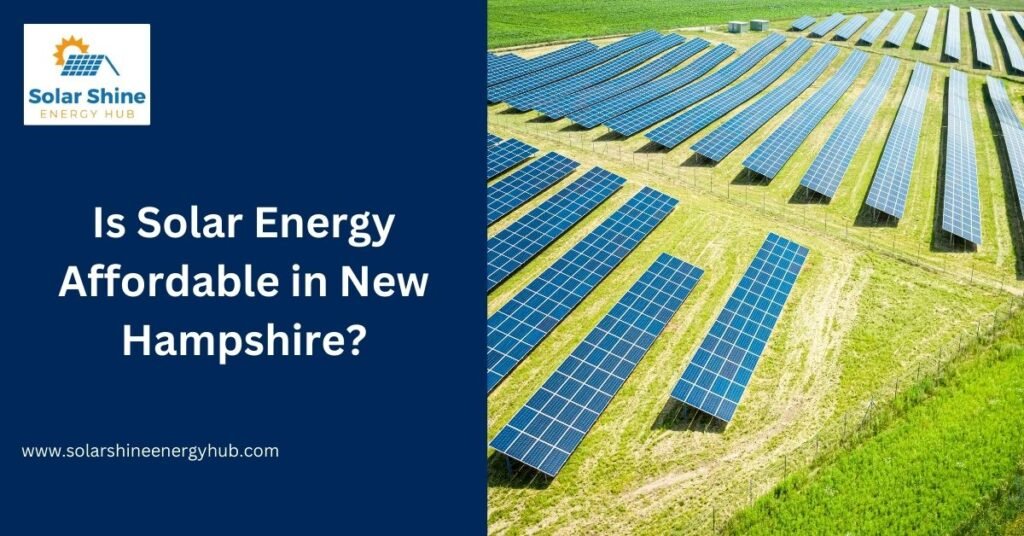
- In New Hampshire, solar energy has become increasingly affordable due to a combination of dropping prices and government incentives. This combination has made it possible for a wider demographic to harness the power of the sun.
- Initiatives like the federal solar tax credit significantly reduce the initial investment costs, making it easier for residents to switch to solar. These credits can cover a substantial portion of the total system cost, often by 26% or more.
- The return on investment for solar energy in New Hampshire is impressive. Homeowners can recoup their initial investment within 7-8 years on average, with substantial savings on electricity bills over the life of the system.
- Prices for solar panels have been on a downward trend, making the technology more accessible than ever. In the last decade, solar panel prices have dropped by around 70%.
- Solar financing options available in New Hampshire, such as solar loans, leases, and power purchase agreements (PPAs), offer flexibility in payment methods. These options often require no up-front costs and offer affordable monthly payments.
- Net metering policies in New Hampshire further enhance solar energy affordability. This policy allows solar energy system owners to feed excess electricity back into the grid, effectively lowering their utility bills.
What is the Impact of the Federal Solar Tax Credit?
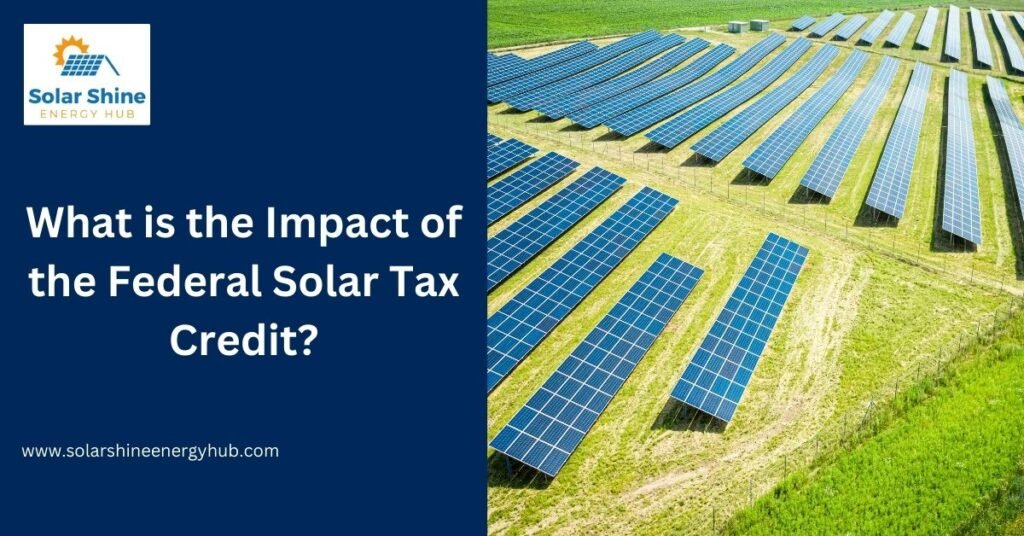
- The Federal Solar Tax Credit, also known as the Investment Tax Credit (ITC), is a significant financial incentive for solar energy. It allows homeowners to deduct a substantial portion of their solar costs from their federal taxes.
- Initially, the ITC was established to cover 30% of the solar system costs. However, the rate has been declining and is slated to stabilize at 10% by 2022 for commercial installations and disappear for residential ones.
- This incentive has played a crucial role in making solar energy affordable for many homeowners. By reducing the initial installation costs, the ITC significantly shortens the payback period.
- To be eligible for the tax credit, one must own a solar system. Hence, it doesn’t apply to those who have a solar lease or power purchase agreement (PPA).
- It’s worth noting that there’s no cap on the value of the credit, so even high-cost systems can benefit from substantial tax savings.
- Lastly, if a taxpayer does not have enough tax liability to claim the entire credit in one year, they can roll over the remaining credits to future years as long as the ITC is in effect.
How Does Solar Investment Benefit Homeowners?
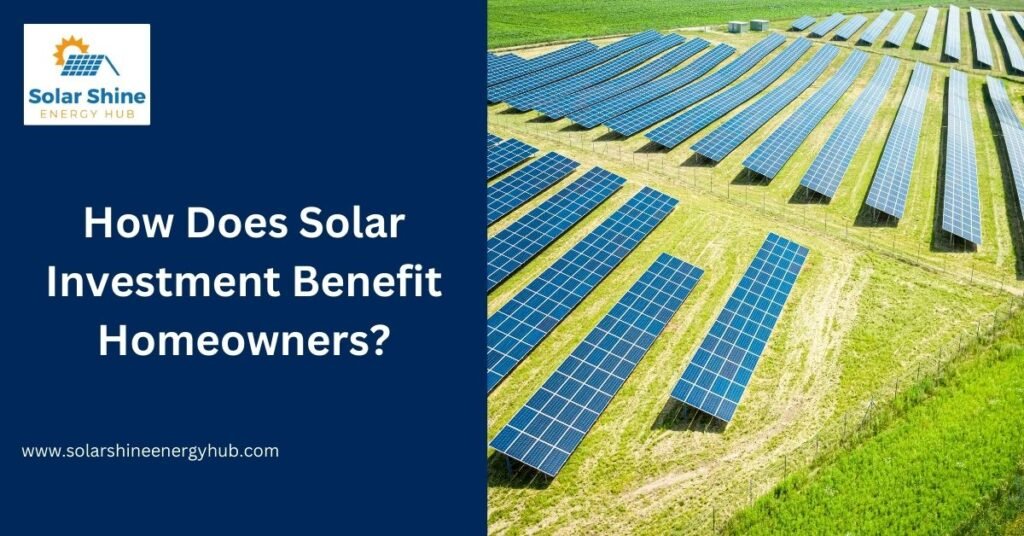
- Investing in solar technology can lead to significant financial savings. By harnessing the power of the sun, homeowners can drastically reduce their dependence on traditional electricity sources, thereby cutting their monthly utility bills.
- Solar panels can increase the value of a property. Homes equipped with solar energy systems are often more desirable in the real estate market, thus boosting the home’s resale value.
- Solar energy is a renewable resource, making it a sustainable choice. By opting for solar energy, homeowners contribute to reducing greenhouse gas emissions and dependence on fossil fuels.
- Solar systems require minimal maintenance, making them an easy and convenient choice for homeowners. Apart from occasional cleaning and routine check-ups, solar panels can last for decades without needing significant repairs or replacements.
- Solar investment also supports local industries. The growing demand for solar installations creates job opportunities, stimulates the economy, and promotes the growth of the renewable energy sector.
- By investing in solar energy, homeowners can attain energy independence. This means they’re less affected by price fluctuations in utility rates, providing financial stability and predictability.
Conclusion How much are solar panels in NH
In conclusion, solar energy represents a viable and sustainable investment in New Hampshire, providing a myriad of benefits from significant cost savings to environmental sustainability. The declining costs of solar panels, coupled with generous government incentives and flexible financing options, have made solar technology more accessible than ever. Whether it’s financial gains, environmental consciousness, or energy independence, the advantages of solar power are undeniable.